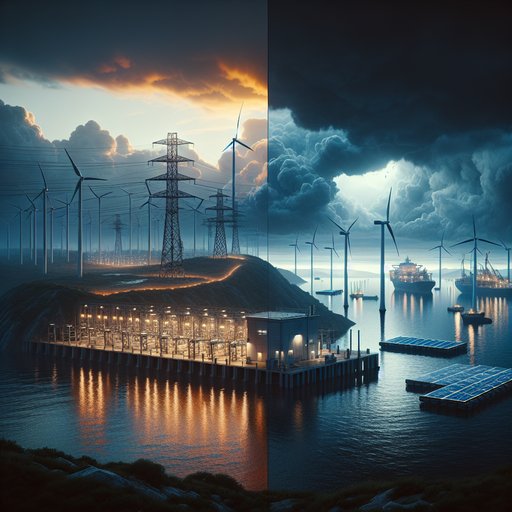
A complex energy crisis is unfolding across Europe as multiple challenges converge. Ukraine has implemented widespread power outages following Russian attacks on its energy infrastructure [1], while Hungary has openly challenged EU energy policies at a Moscow conference, highlighting deepening divisions within the European Union over energy security [2].
The situation in Ukraine has become particularly dire as the country enters its fourth consecutive winter of power disruptions since Russia's full-scale invasion began in 2022. The latest round of Russian attacks on power infrastructure has forced authorities to implement emergency blackouts across most regions, significantly impacting civilian life and critical infrastructure [1].
Hungary's Foreign Minister has intensified the political tension by declaring at a Moscow conference that his country would face severe consequences if cut off from Russian energy supplies. This stance directly challenges the EU's efforts to reduce dependency on Russian energy resources, highlighting the growing rift between Brussels and Budapest over energy policy [2].
In the United Kingdom, the energy situation appears equally challenging, with Octopus Energy's CEO delivering a stark assessment of the national power grid. During a GITEX interview, the CEO described the UK energy system as "screwed," pointing to significant challenges in meeting growing demand [3].
On a more optimistic note, innovative solutions are emerging in the renewable energy sector. In Bavaria, Germany, a new floating vertical solar panel system has been successfully deployed on a gravel pond, demonstrating the potential for utilizing water bodies for clean energy generation. These modular structures offer a promising approach to expanding renewable energy capacity while maximizing land use efficiency [4].
























